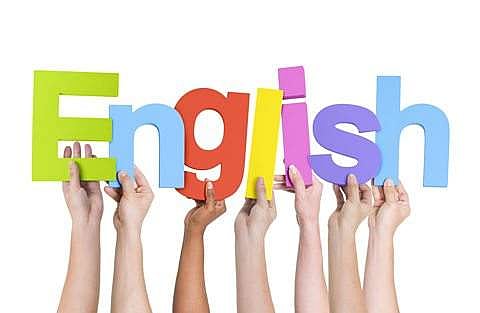

Recently, I was invited to be the resource person for a webinar on ‘Developing Collocational Competence’. The participants were teachers of English and language enthusiasts. Most of the attendees heard the terms ‘collocation’ and ‘collocational competence’ for the first time.
What is a collocation? It is a natural and right combination of words. Here are examples of collocations: fast food, quick meal, heavy rain, strong wind, utter disaster, a tremendous success. These combinations just sound "right" to native English speakers, who use them all the time. On the other hand, the following combinations sound unnatural and, therefore, are considered ‘wrong’ or ‘incorrect’: quick food, fast meal, strong rain, heavy wind. The word chunks enormous success, a huge success, great success, wonderful success sound natural but colourful success and marvellous success do not sound natural.
The term ‘collocational competence’ means the ability to use collocations (word chunks) appropriately in different speech and writing contexts. Chunks are groups of words that always go together. In some of my previous columns, I have discussed and highlighted the need for learning collocations in context.
Why is important to develop collocational competence? “Language consists not of traditional grammar and vocabulary but of multi-word prefabricated chunks.” What the quote means is that it is not enough to teach grammar alone but it is also important to raise learners’ awareness about collocations. Here are examples of pre-fabricated or fixed word chunks: all of a sudden, on the other hand, for example, a bad egg ( a person in a group who has a negative effect on the rest of that group), a flash in the pan (brief success).
Learning words in chunks is more effective than learning single words. For example, the verb ‘take’ has over fifty meanings. The word gives distinct meanings when it occurs in chunks as in these examples: take a cab, take an exam, take a look, take a break, take a bath, take the blame.
Learning words in chunks enables the learner to remember word chunks and use them appropriately. Let’s look at the word ‘disaster’ and its collocations.
Adjective + disaster
‘Disaster’ collocates with these adjectives: big, dreadful, great, major, terrible, utter, worst, imminent, impending, natural, global, man-made, environmental, economic, …
The government’s efforts to contain the spread of the Coronavirus turned out to be an utter disaster.
Verb + disaster
The verbs that collocate with ‘disaster’ include bring, cause, lead to, spell, avert, avoid, prevent, predict, court, invite, be heading for, face, suffer, survive, prove, turn out to be and end in.
The deadly coronavirus is spreading fast. Are we heading for a global disaster?
Disaster + verb
The verbs that usually follow the verb ‘disaster’ include happen, occur, strike, loom, and threaten.
As disaster struck again, the team lost the match for the third time in a row.
‘Disaster’ phrases
Here are some fixed phrases with the word ‘disaster’: a disaster waiting to happen, in the aftermath of the disaster, a victim of a disaster, a recipe for disaster.
If we say that something is a recipe for disaster, we mean that disaster is like to happen and cause unpleasant consequences.
Baba Ramdev claims that he has found a cure for the Coronavirus. Some people regard his claim with awe but others consider it a recipe for disaster.
Here are some useful web resources:
1. Oxford Online Collocations Dictionary http://www.freecollocation.com
2. The British National Corpus http://phrasesinenglish.org/
3. English Collocation Dictionary (app)
4. IELTS Collocations (app)
5. English Collocations in Use (app)
